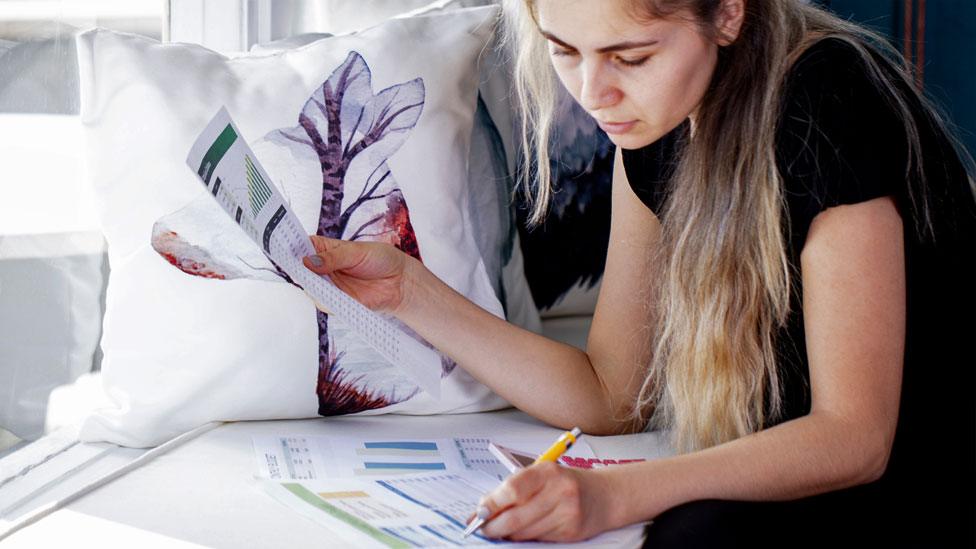Lipstick index: Do shoppers turn to low-cost luxuries in a recession?
- Published
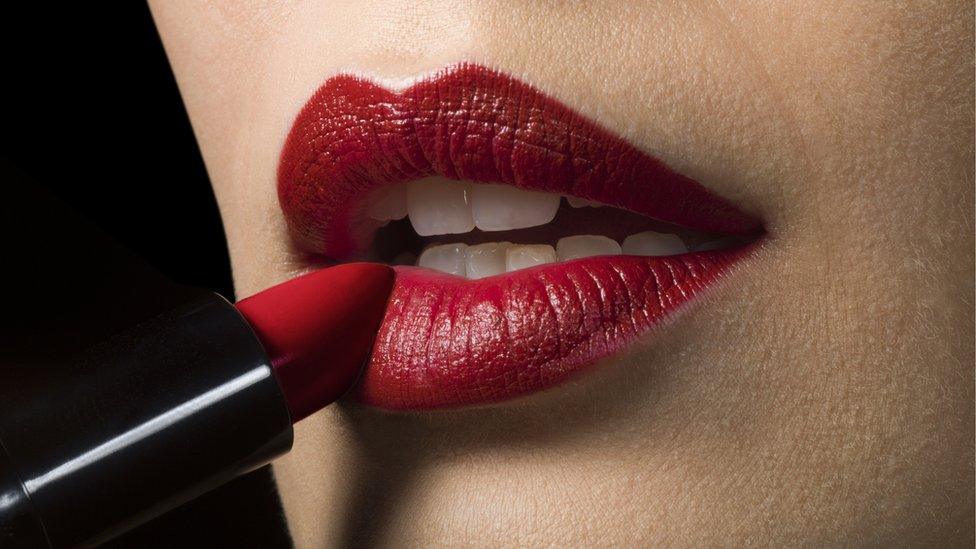
The so-called lipstick index is the theory sales of affordable luxuries rise during economic downturns
Do we really buy more low-cost luxuries in a recession?
The so-called lipstick index, coined by Estée Lauder's Leonard Lauder, is the theory that sales of affordable luxuries rise in economic downturns.
Consumer psychologist Dr Cathrine Jansson-Boyd said there was evidence people attempt to boost their mood with small treats in difficult times.
But she said a bigger factor in what we buy is a subconscious decision about how we want other people to see us.
"Being short of money is psychologically daunting for people and the way to make yourself feel better, even if it's ever so little, is to purchase something that you think will cheer you up," said Dr Jansson-Boyd, an associate professor in consumer psychology at Anglia Ruskin University.
She said this explains why sales of alcohol and chocolate rocketed in the Covid lockdowns.
"The purchase itself might vary depending on your personality," she said.
Cardiff fashion blogger Christy Llewellyn believes she is certainly benefitting from the so-called lipstick index.
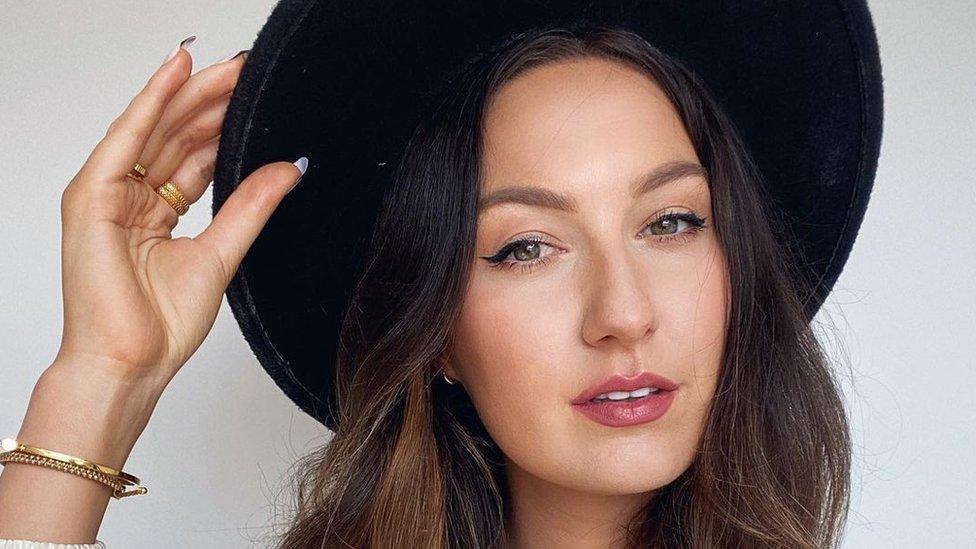
Christy said her new business was growing despite the cost of living crisis
Six months ago she launched her business Loste, selling false nails that allow people to forgo the salon to do their nails themselves at home.
"They can't afford it anymore, obviously the price of going to the salon is going up," she said.
"When the news came out that bills were going to rise again there was actually a big rise in sales which was interesting."
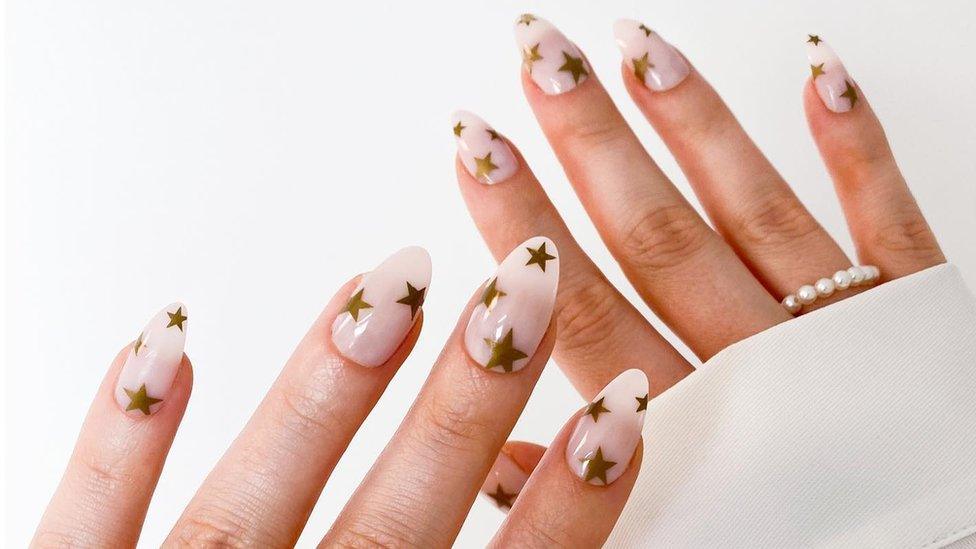
Christy sells false nails that allow people to forgo the salon to do their nails themselves at home
Christy, who blogs as Style Rarebit, identifies with wanting small treats but said her go-to more affordable luxury would be a mascara or coffee from an independent coffee shop rather than a lipstick.
"They're not going to make a huge dent whereas things like going on holidays, buying a new car, buying a really amazing pair of shoes feels like a huge spend," she said.
In July, US market research group NPD said beauty stood alone as the only industry with unit sales on-the-rise, external this year.
UK consumer confidence in the future hit a record low in August, with GfK's Consumer Confidence index saying a "sense of exasperation" about the economy was the biggest driver behind the fall.
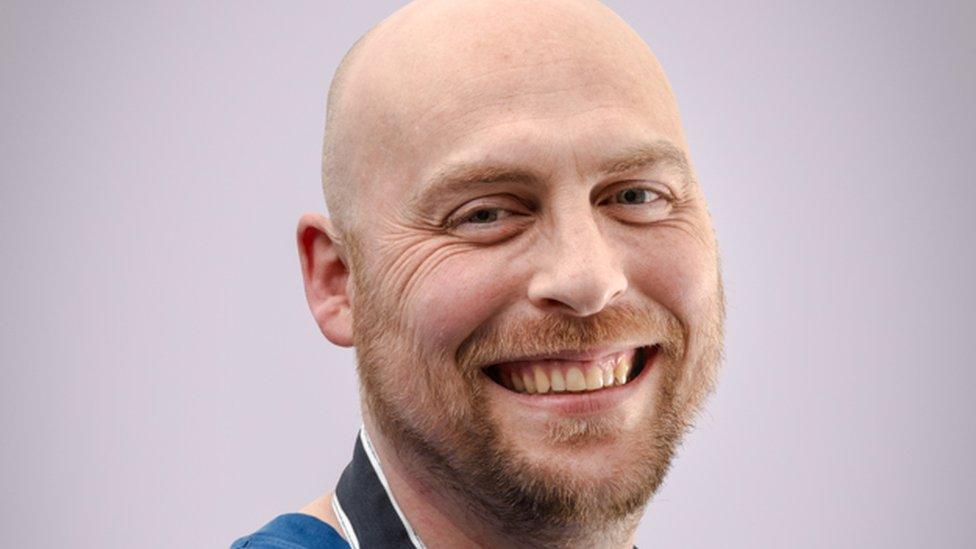
Alex Gooch set up his artisan bakery in during the 2008 financial crisis
'It's a treat, isn't it?'
Artisan baker Alex Gooch has two coffee shops, a pizza shop and provides bread to seven Waitrose stores as well as delis, restaurants and hotels in Wales and the borders.
Despite the cost of living crisis he said business was booming, with customers still prepared to spend £10 on his 2kg (4.4lb) sourdough and up to £4.50 for a standard-sized loaf.
"People get a lot out of going to their favourite coffee shop, reading a paper, meeting a friend - it is an integral part of wellbeing... it's the last thing people are going to consider giving up," said Alex, who lives in Penarth, Vale of Glamorgan.
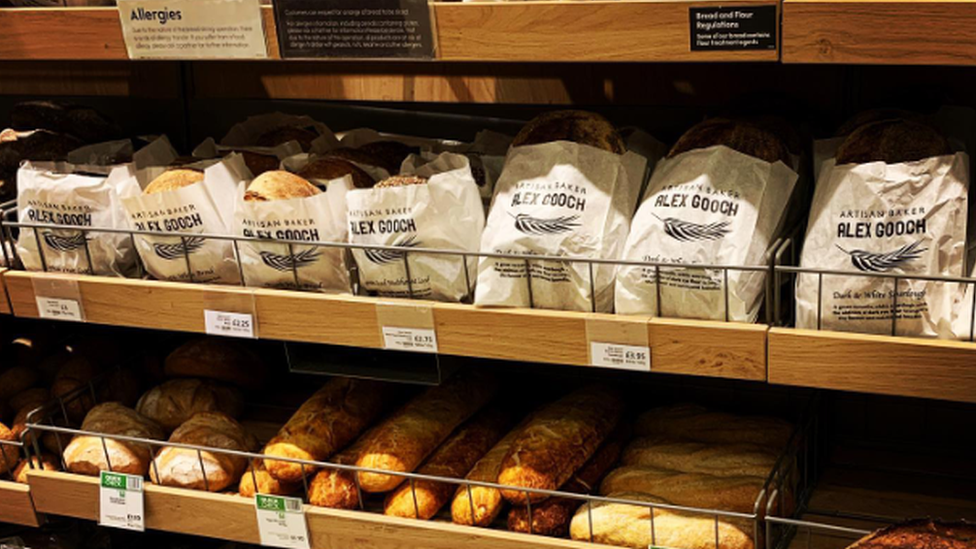
Alex Gooch has a wholesale business and his own coffee shops
He has reason to be optimistic, having set up his business during the 2008 financial crisis, external and despite the current downturn he is in the process of opening two new shops.
He said while people may think twice about making bigger purchases such as a holiday, a croissant and a cup of coffee costs about £6, a relatively small amount of money compared to other indulgences.
"It's a very simple thing that is actually, very, very important to people," he said.
"It's a treat isn't it? It's a big treat."
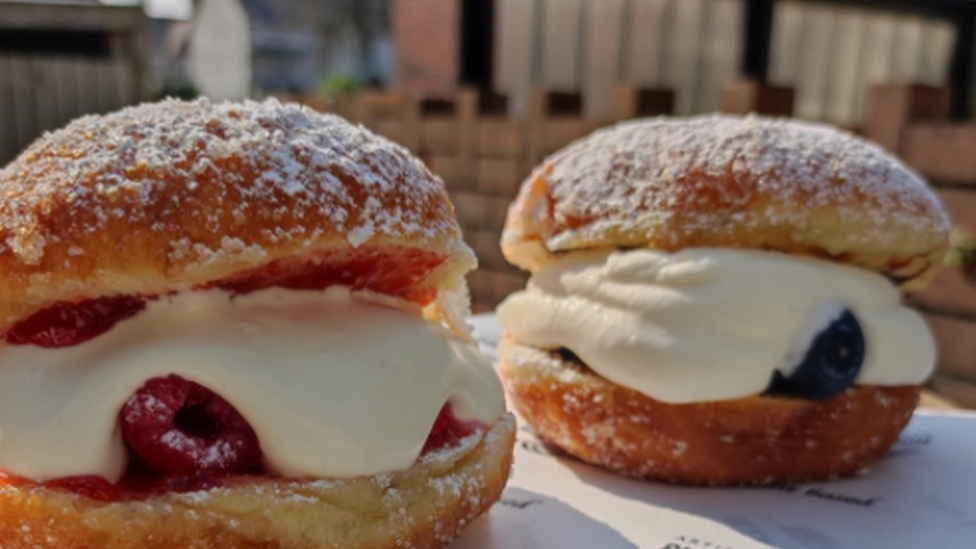
Alex Gooch employs 60 people and plans to take on 20 more before Christmas
Recent months have seen a surge in energy, petrol and grocery costs, then last week's mini-budget sparked a fall in the pound and a surge in borrowing costs.
"People are really feeling confused, but I think what is easy for them and very tangible is the fact that they have less money generally," said Dr Jansson-Boyd.
She said price "always comes into the equation if you don't have money to spend" but "people actually purchase things to represent who they are".
"Most things are no longer purchased for the practicality of them," she explained.
"They're actually bought because they represent some sort of symbolic value... from which supermarket you want to be associated with to what sort of vacuum cleaner you have.
"People look at what you wear, what brands you have, what car you drive, and the handbag you use, even the suitcase you have, and we made judgments - we're not aware of making judgments because it happens subconsciously."
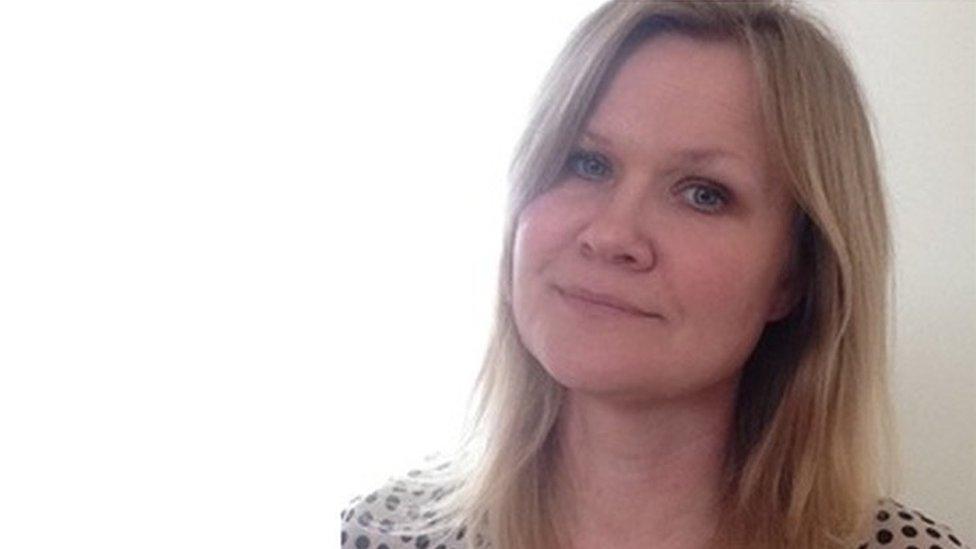
Dr Cathrine Jansson-Boyd is an associate professor in Consumer Psychology at Anglia Ruskin University
She said in a downturn people tended to invest in more widely-recognisable brands and items that others get to see - so they may buy a branded lipstick that can be applied in public over a moisturiser that is usually applied at home.
She said not having as much money as you used to also had an emotional impact that can lead to "irrational choices" such as impulse purchases and taking on credit card debt.
"They're not thinking it through, they kind of want stimulation immediately," she said.
"That is concerning because with interest rates going up it is actually a trap for many so it's very worrying."

HAYLEY PEARCE PODCAST: Tackling the issues that make the group chats go off
SAM SMITH PRESENTS STORIES OF HIV: From Terrence Higgins to today

- Published27 September 2022
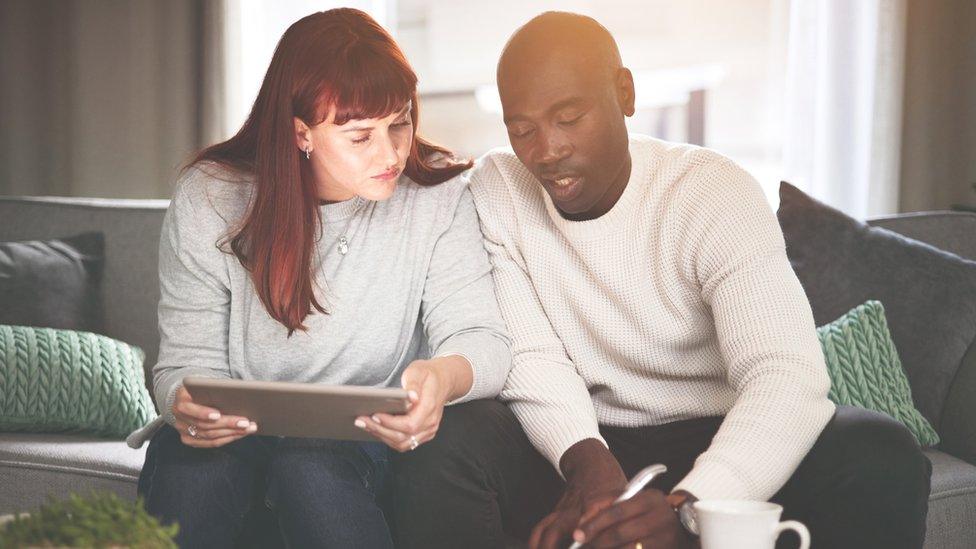
- Published27 September 2022
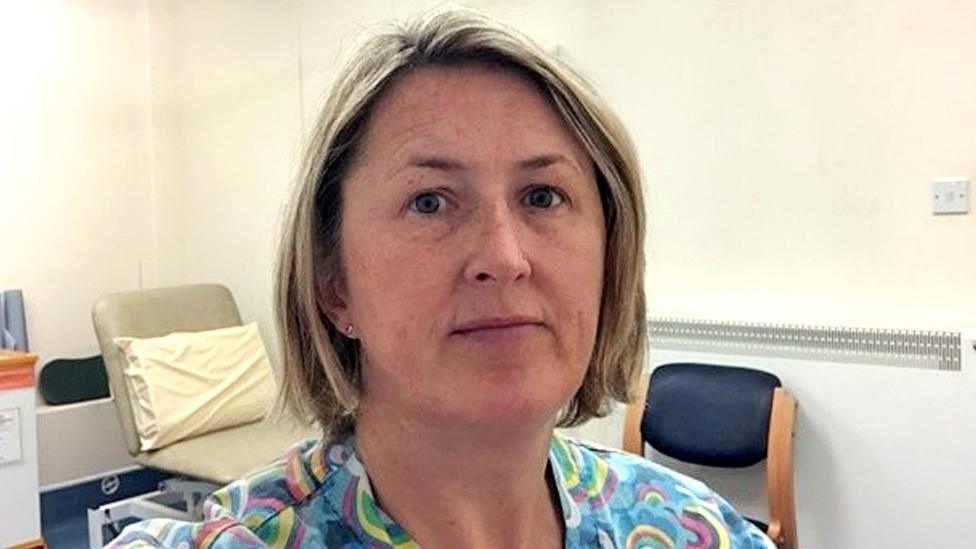
- Published26 September 2022

- Published23 September 2022
